50+ SAMPLE Representative Agreement
-
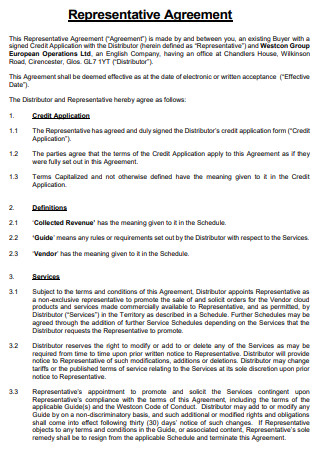
Representative Agreement
download now -
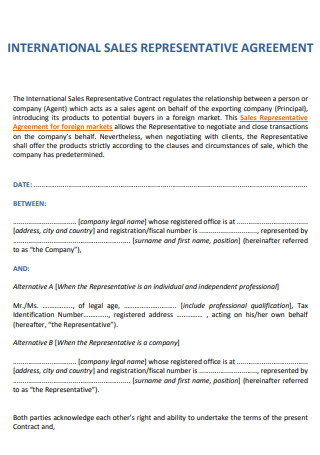
International Sales Representative Agreement
download now -
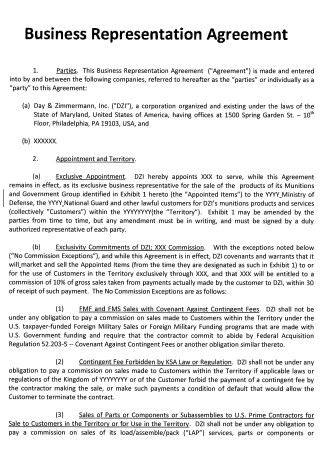
Business Representative Agreement
download now -
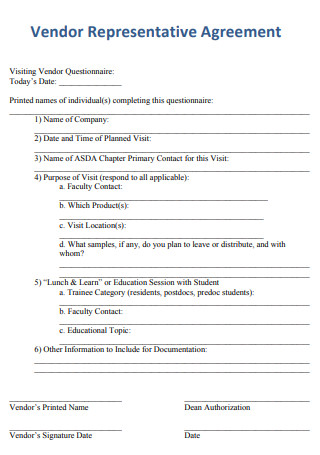
Vendor Representative Agreement
download now -
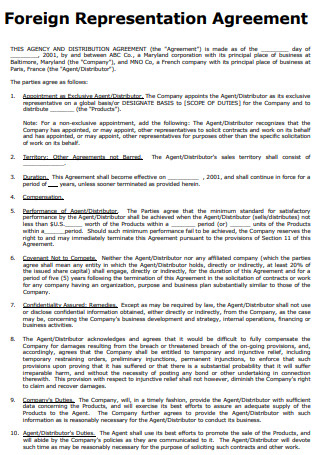
Foreign Representative Agreement
download now -
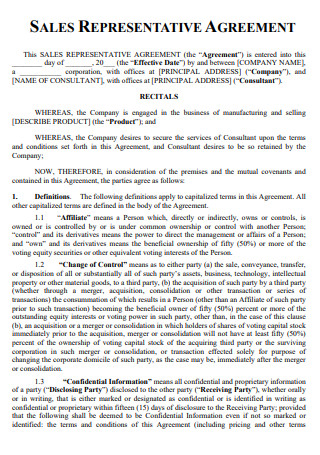
Sales Representative Agreement
download now -
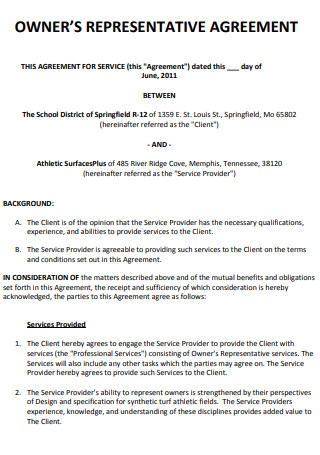
Owners Representative Agreement
download now -
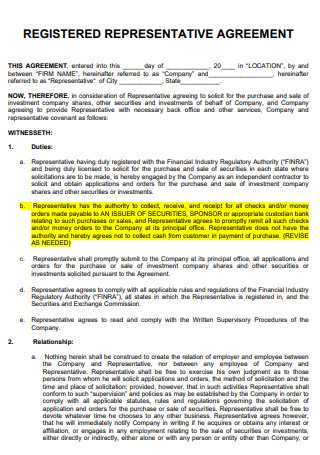
Registered Representative Agreement
download now -
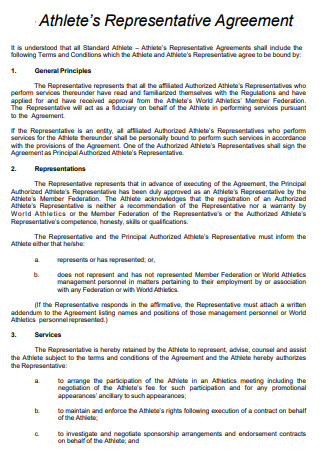
Athlete Representative Agreement
download now -
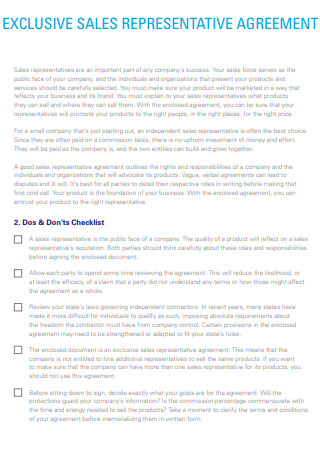
Exclusive Sales Representative Agreement
download now -
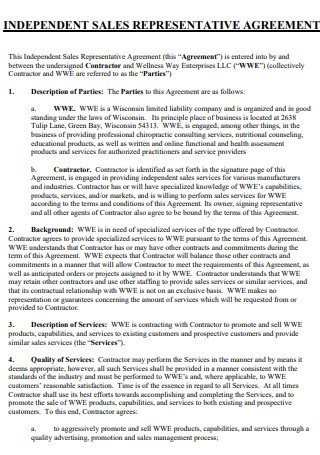
Independent Sales Representative Agreement
download now -
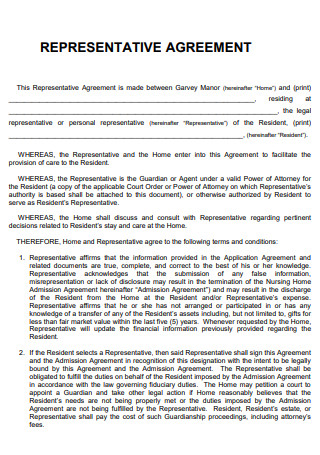
Sample Representative Agreement
download now -
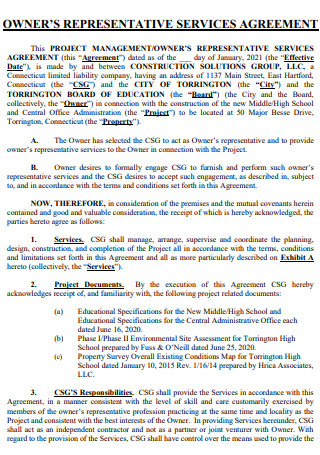
Owners Representative Service Agreement
download now -
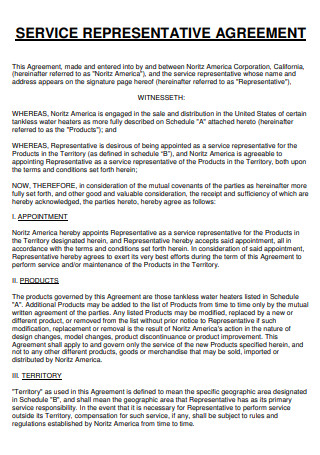
Service Representative Agreement
download now -
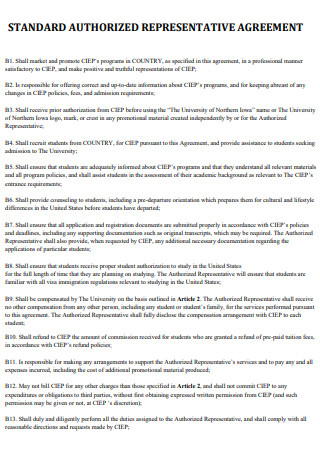
Standard Authorized Representative Agreement
download now -
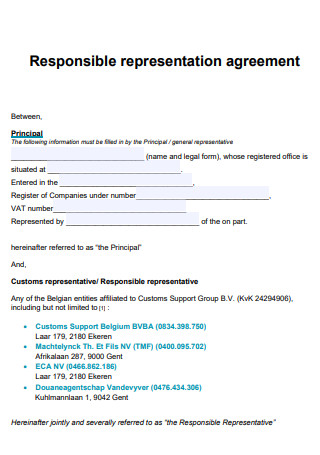
Responsible Representative Agreement
download now -
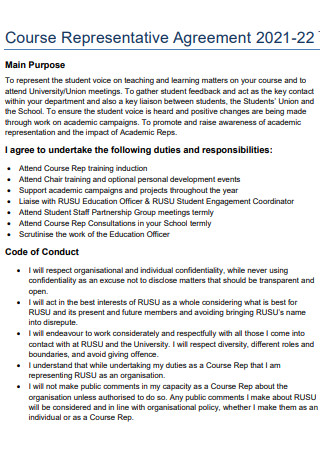
Course Representative Agreement
download now -
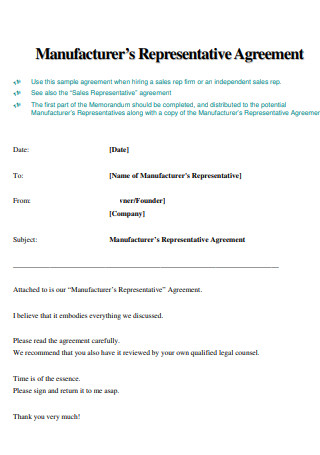
Manufacturer Representative Agreement
download now -
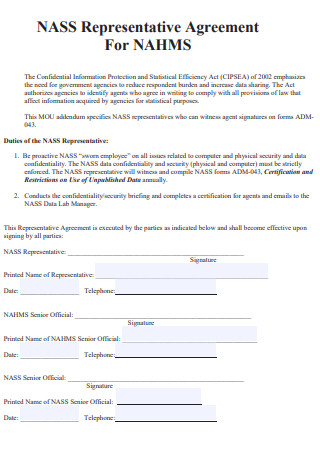
Basic Representative Agreement
download now -
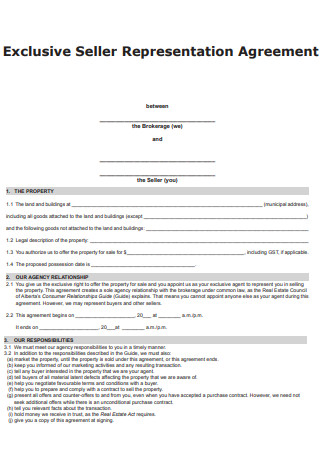
Exclusive Seller Representative Agreement
download now -
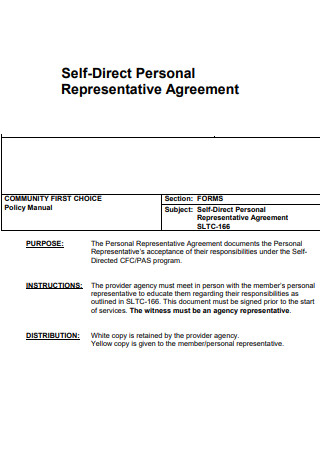
Self-Direct Personal Representative Agreement
download now -
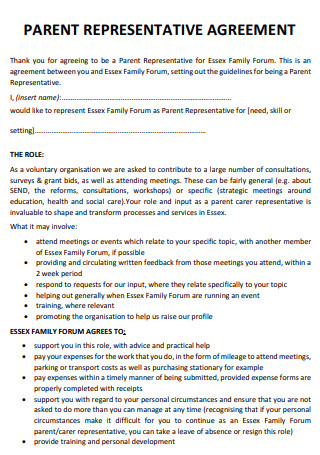
Parent Representative Agreement
download now -
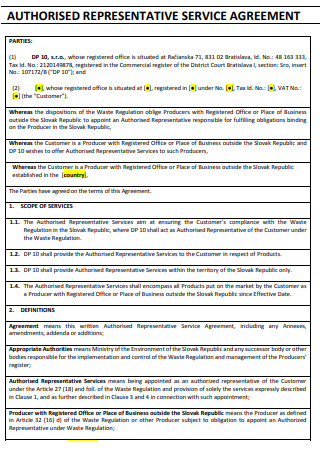
Authorised Representative Service Agreement
download now -
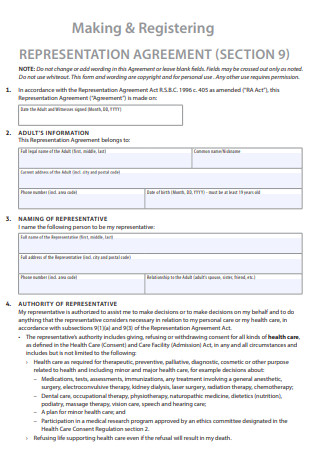
Registering Representative Agreement
download now -
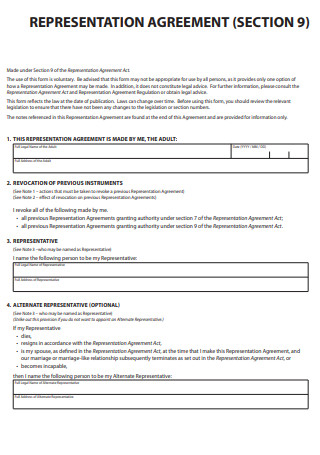
Simple Representative Agreement
download now -
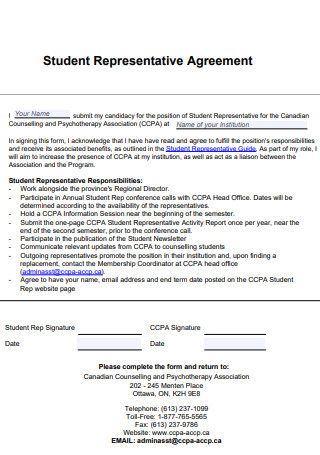
Student Representative Agreement
download now -
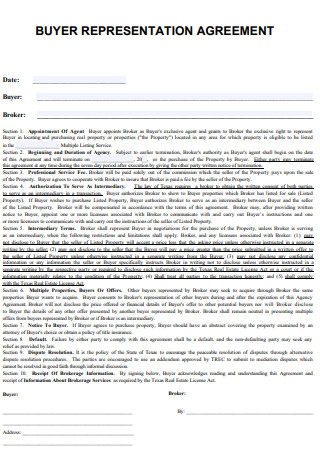
Buyer Representative Agreement
download now -
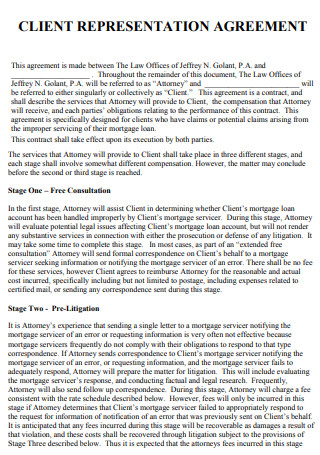
Client Representative Agreement
download now -
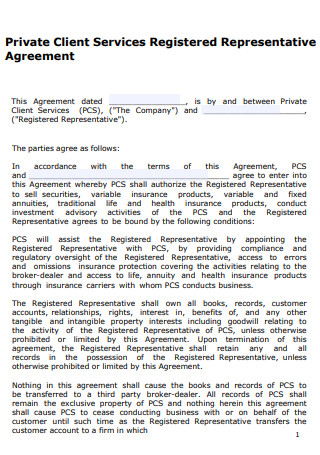
Private Client Services Registered Representative Agreement
download now -
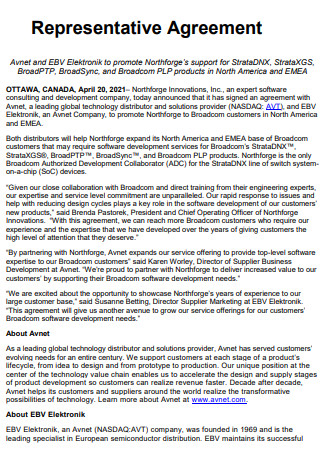
General Representative Agreement
download now -
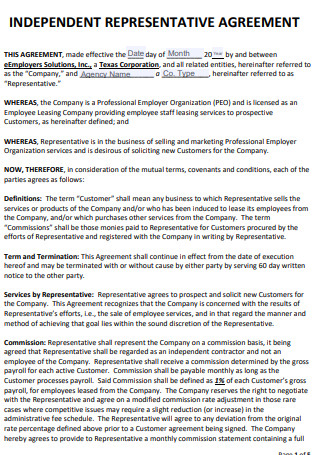
Independent Representative Agreement
download now -
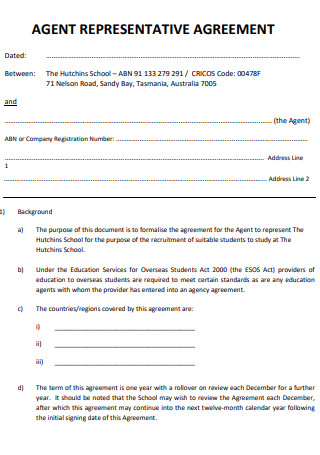
Agent Representative Agreement
download now -
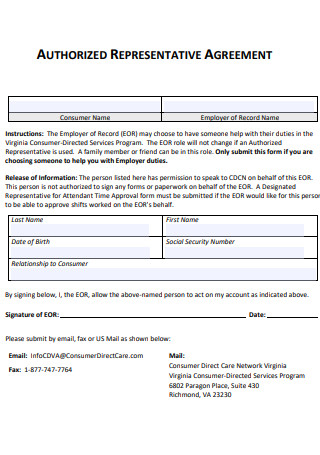
Authorized Representative Agreement
download now -
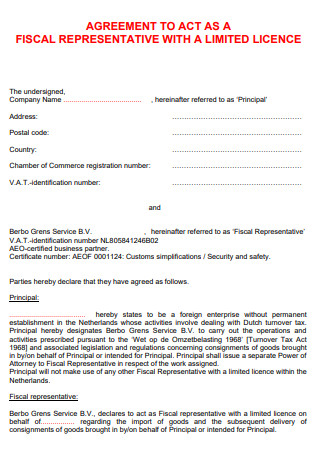
Fiscal Representative Agreement
download now -
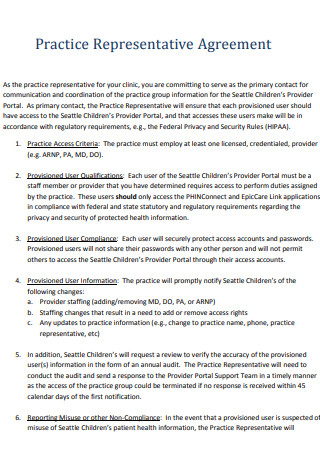
Practice Representative Agreement
download now -
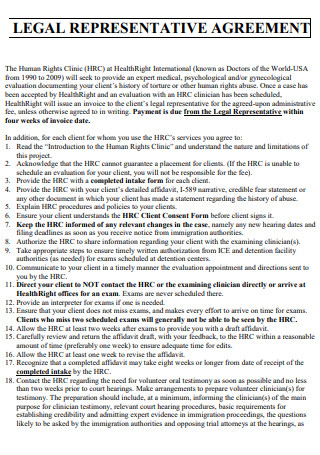
Legal Representative Agreement
download now -
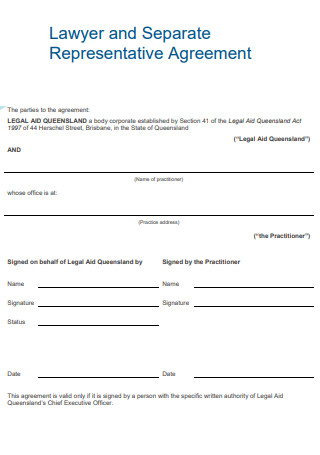
Lawyer and Separate Representative Agreement
download now -
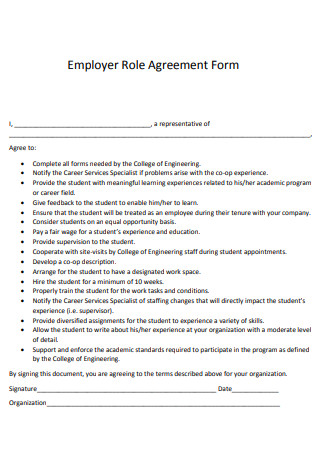
Employer Role Representative Agreement
download now -
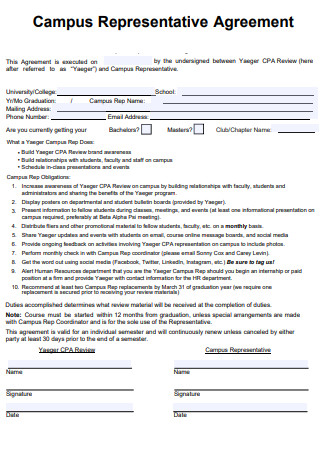
Campus Representative Agreement
download now -
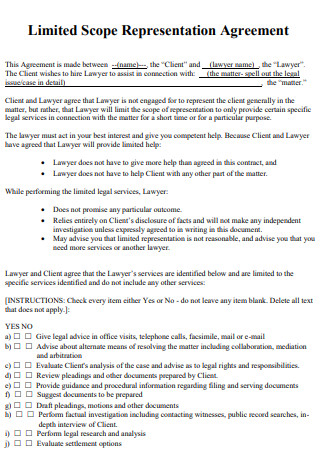
Limited Scope Representative Agreement
download now -
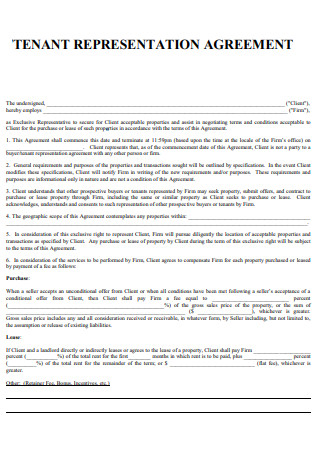
Tenant Representative Agreement
download now -

Union Learning Representative Agreement
download now -
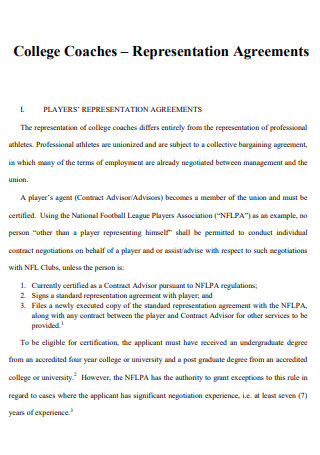
College Coaches Representative Agreement
download now -
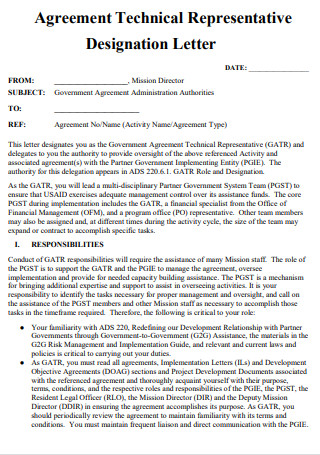
Technical Representative Agreement
download now -
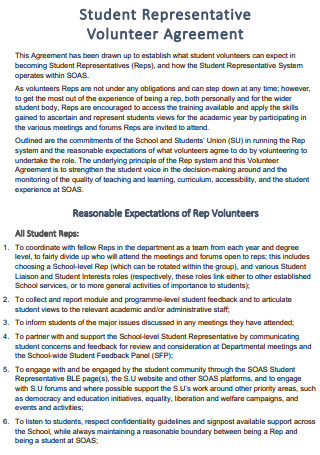
Student Representative Volunteer Agreement
download now -
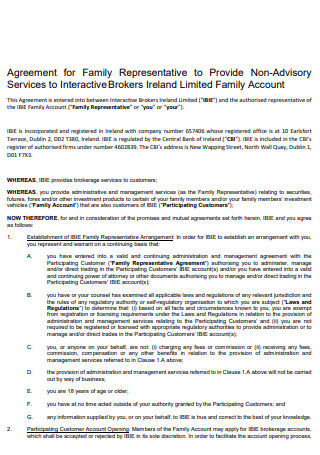
Family Representative Agreement
download now -
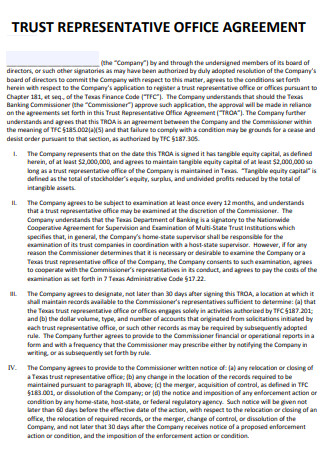
Trust Representative Office Agreement
download now -
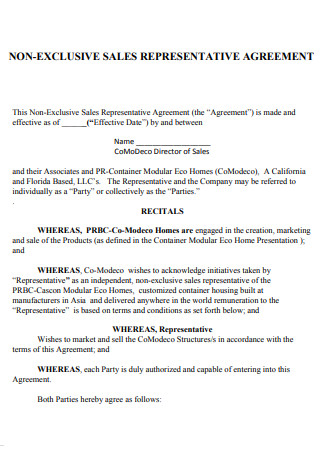
Non-Exclusive Sales Representative Agreement
download now -
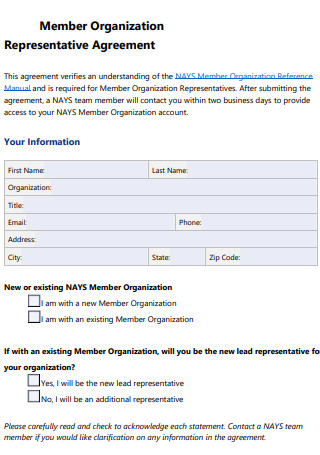
Member Organization Representative Agreement
download now -
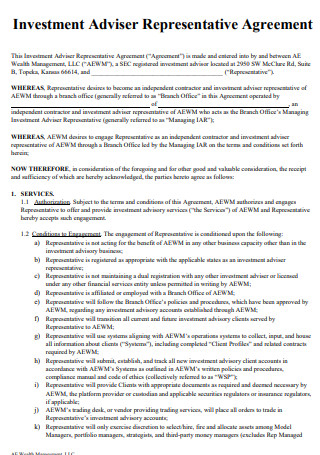
Investment Adviser Representative Agreement
download now -
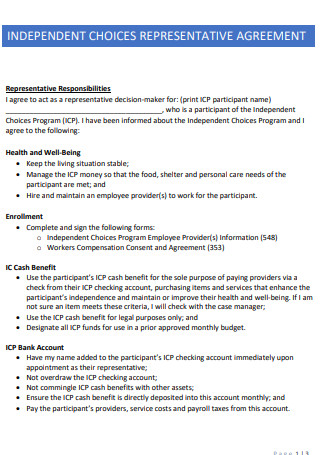
Independent Choices Representative Agreement
download now
FREE Representative Agreement s to Download
50+ SAMPLE Representative Agreement
What Is a Representative Agreement?
Who Can Make a Representative Agreement?
Tips to an Effective Representative Agreement
How to Make a Representative Agreement
FAQs
Is a lawyer necessary for a representative agreement?
What is the purpose of an agency agreement?
Why consider a representation agreement?
What Is a Representative Agreement?
A representative agreement means a legal document that allows you to name the person or people who will make important decisions for you or assist you in making decisions if you become unable to make them yourself. Your representative is the person you choose to represent you. You can give your representative control over your personal and health care matters, as well as your legal and ordinary Financial affairs, by signing a representation agreement. Legal representation agreements can also include substantial financial transactions such as the purchase or selling of real estate. Be sure to check out the representative agreement sample.
Who Can Make a Representative Agreement?
Any legally competent adult may enter into a representative agreement. The ability to make rational decisions is referred to as mental capacity. A capable individual must comprehend the context or nature of a decision, as well as the potential implications of that decision. A court will assume that a person is capable of making their own legal, Medical, and financial decisions unless it is demonstrated otherwise. It’s vital to remember that capability is a legal phrase that refers to a specific decision that must be taken. Some people with limited capacity may not be able to make some judgments, but others may be.
Tips to an Effective Representative Agreement
It is always advisable and much better if the representative takes the time to read, comprehend, question, and even negotiate the provisions of a representative agreement at the outset. It’s the difference between preventing fire and putting out a raging fire. Certain representatives may be frequently prone to discover the fact that their multi-year contracts can be terminated with 30-days’ notice, that they will not receive post-termination commissions, or that their principal has the unilateral right to change the representative agreement, including lowering commission rates. This is why thoroughly reviewing the document is an important task not just for the representative but for you as someone who hired them.
How to Make a Representative Agreement
A representation agreement does not have to follow any specific format. However, there are certain legal criteria for the signing and witnessing of representative agreements, as well as the signature of relevant certificates by your representatives, witnesses, and others. Your representative agreement may not be legitimate if it is not properly signed and witnessed, as well as if the appropriate certificates are not completed. Don’t forget to stop by and check out the legal representative agreement sample before proceeding to write the business representative agreement. Regardless if you are the principal or the representative, knowing how to make one is essential.
-
1. Parties Involved and Nature of the Document
As the first section of the agreement, readers will direct their attention right away to this page which is why it acts as an opener. This part will be filled first and foremost with the names of the parties involved along with the labels of the roles they are fulfilling. You can also add the professional contact information to make it easier to find them. Following that is to state the purpose or nature of the document. This will identify why the agreement is made in the first place. Such as in the brand representative agreement, you will showcase what the working relationship entails for the Brand.
-
2. Representations and Warranties
The representative’s job and responsibilities may vary, depending on the principal’s needs. Some examples would involve sales of the company’s products and services, running errands for medical necessities, or even in finance. Regardless if there are only one or numerous ones, they should all be listed on the agreement’s contents. All those stated in this agreement do not prevent the representative from performing the above-mentioned tasks wholly and exclusively. Any information supplied under this agreement will be kept strictly confidential by both parties and will not be divulged to any third parties. Especially regarding confidential pieces of information within the company or private matters.
-
3. General Provisions
Either party may terminate this agreement by giving the other party written notice of termination within thirty days of the Termination date. Since the representative is an independent contractor, he or she is not entitled to any of the benefits that an employee is. Acts of God, natural calamities, lockdowns, or governmental action do not provide any party the right to sue or cancel this agreement if the other party is late or fails to comply. Considerations are possible but it all falls between what both parties have discussed throughout the execution of this agreement.
-
4. Governing Law
Allows the parties to select which laws will be utilized to interpret the agreement in the event of a disagreement. It’s important to note that this isn’t a venue clause; the language doesn’t affect where a future claim can be filed. In the state’s law section, specify which state or city you want to govern the agreement, which is normally the location where you operate your business or where the principal is dwelling. A blend of both city or state laws is possible as long as neither law contradicts the other.
-
5. Secure Signatures
Any document that requires the acknowledgment of both parties will end with a signature. The document must have the presence of signatures from both parties so that in cases of misunderstanding, you can refer to the agreement that has been signed by the other. This also means that neither party should proceed to sign without thoroughly reviewing the Contents. As stated, both parties should thoroughly read and understand what it entails to agree on a professional agreement.
FAQs
Is a lawyer necessary for a representative agreement?
Manufacturers and suppliers can benefit from representative agreements, and in some situations, the agreement may be required for the collaboration to run well. If you require assistance with the drafting, reviewing, altering, or enforcing of a representation agreement, you should get legal Counsel. If legal action is required, an experienced business attorney in your region can assist you with the agreement and represent you in court.
What is the purpose of an agency agreement?
The parameters of the agency, such as what the agent can do and how much money is paid for the agent’s job, are spelled out in an agency agreement. The agent also has the authority that the principal specifies, such as the exclusive right to act on her behalf. Using an agent saves money since gaps between contracts are reduced or eliminated. Aside from the financial savings, there’s the bonus of knowing you will be compensated. The majority of agencies employ factoring companies, which pay you a few days after you have submitted your timesheet and invoiced them. Make sure to find a credible agent as you browse advertising sales.
Why consider a representation agreement?
You have a say in who makes personal and Health-Care decisions for you if you become incompetent with a representation agreement. You might be able to relieve your family and friends of some of the stress. You can also avoid having the government interfere with your personal and healthcare decisions. If you don’t have a representative and need someone to make a health-care decision for you, you may need to appoint a temporary replacement decision-maker. Temporary replacement decision-makers and advance directives, which are written instructions about health care wishes, are explained in our material on adults and consent to health care.
There is no perfect agreement, regardless of the numerous edits it will go through. In any dynamic commercial partnership, there will always be conflicts and problems. However, if you take the time to read, understand, and construct a contract, and make sure it explicitly memorializes the terms agreed upon with the principle, you will most likely have the legal foundation for a successful and mutually beneficial business relationship. After all, principals and reps should work together to promote the sale of the principal’s items. A good representative office agreement is a necessary component of reaching that common objective.
